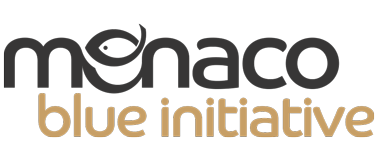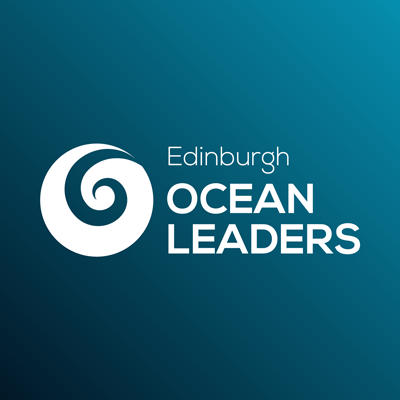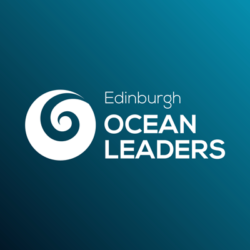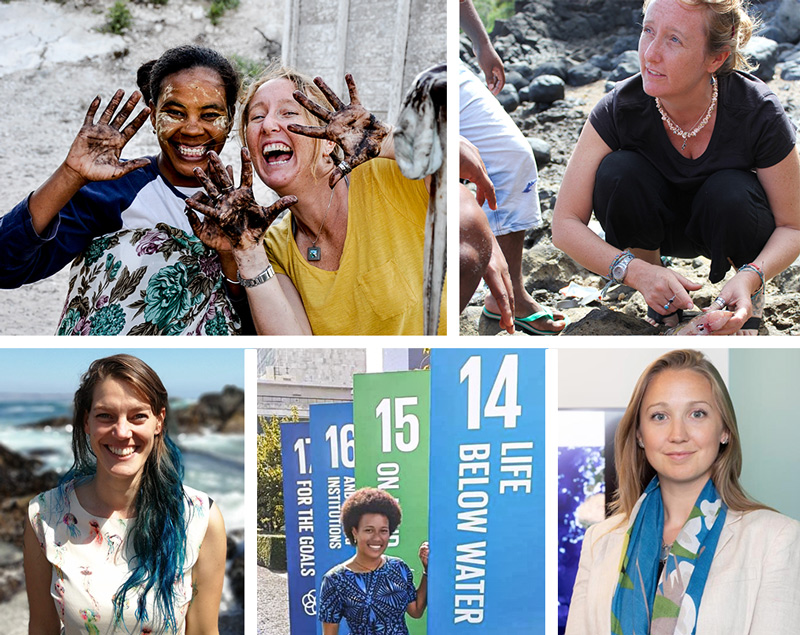
During 2020 and 2021, 14 ‘Ocean Leaders’ were selected through a global nomination process. The leaders receive executive coaching and participate in a range of opportunities to share their diverse experiences. The Monaco Blue Initiative is a hallmark element of Edinburgh Ocean Leaders Programme in providing a global platform to explore ideas on solutions for our oceans. The Ocean Leaders contributed to the 11th and 12th Editions as thought leaders, panellists and participants.
Here we profile Shirley Binder, an Edinburgh Ocean Leader, and panellist of the 11th Edition of MBI Edition, sharing her story about navigating and leading the management of Panama’s marine and terrestrial national parks, during this challenging year of COVID.
“My life as a marine biologist in Panama started with work at the Smithsonian Tropical Research Institute, then with the MarViva Foundation, followed by the Ministry of the Environment, in the Division of Coasts and Oceans. I later did a master’s degree in Environmental Science and Policy at Columbia University, after which I returned to the Ministry of the Environment, where I now serve as National Director of Protected Areas and Biodiversity.
My overall role is safeguarding the diverse protected areas and biodiversity of my country, Panama. More than 33% of land and 13% of national waters are considered protected areas, providing the backbone of conservation for our country in maintaining ecological processes for the wellbeing of our societies. In addition unique biodiversity areas, such as the Isthmus of Panama, attract international research centres, such as the Smithsonian Tropical Research Institute.
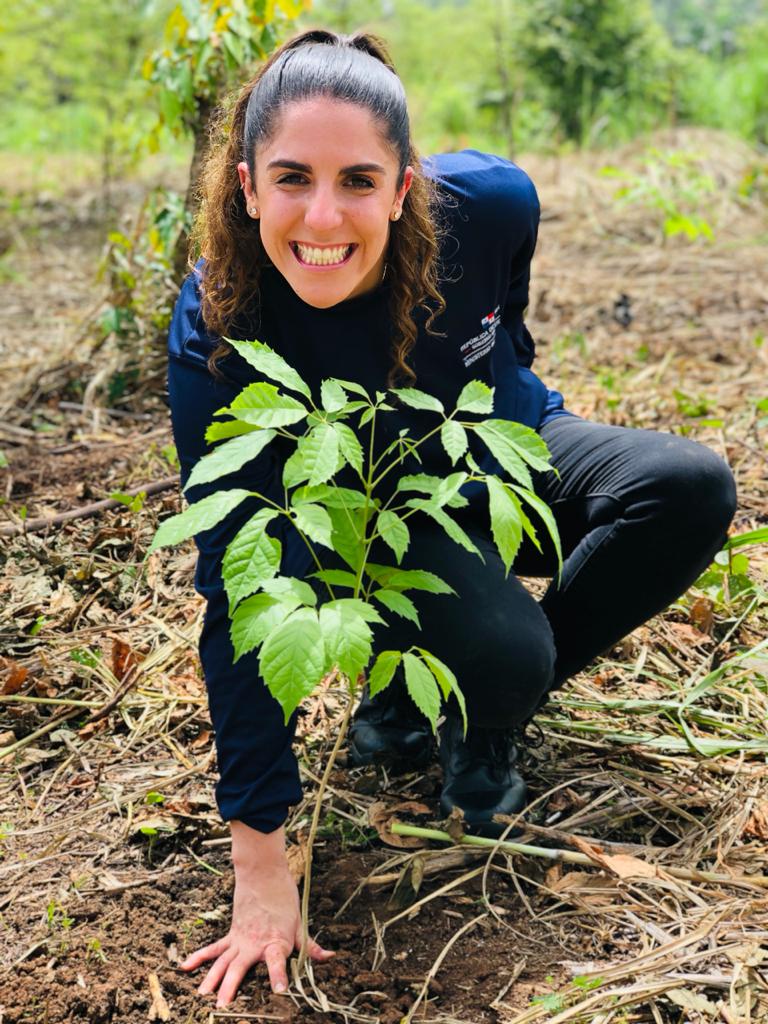
During this year of COVID, being the National Director of Protected Areas and Biodiversity has had many challenges. One example is the coordination of park rangers’ activities and daily jobs with biosecurity measures. During the entire pandemic they have been working 24/7, leaving their houses and being exposed to the virus, for the health and benefit of our protected areas. Since tourism ceased completely, some communities who depended on it started converting their income into extractive activities, increasing the necessity for surveillance and control so these activities do not impact the protected areas. In general, the entire Division, including the Biodiversity Department for Wildlife Rescue, had continue to work in the field, even with high cases of COVID. This kind of work and commitment never ceases and is challenging to manage remotely. I therefore want to use this opportunity here, to extend my appreciation and admiration to the entire team of park rangers and technicians who never stop during this pandemic.
Being part of the Edinburgh Ocean Leaders programme in 2020 was also extremely beneficial. Discussing different topics, with people who share visions of ocean conservation, but yet come from different places, sectors and disciplines, widen my perspectives and understanding of how to approach environmental management, and ways to find creative solutions for the different problems we all face.”
